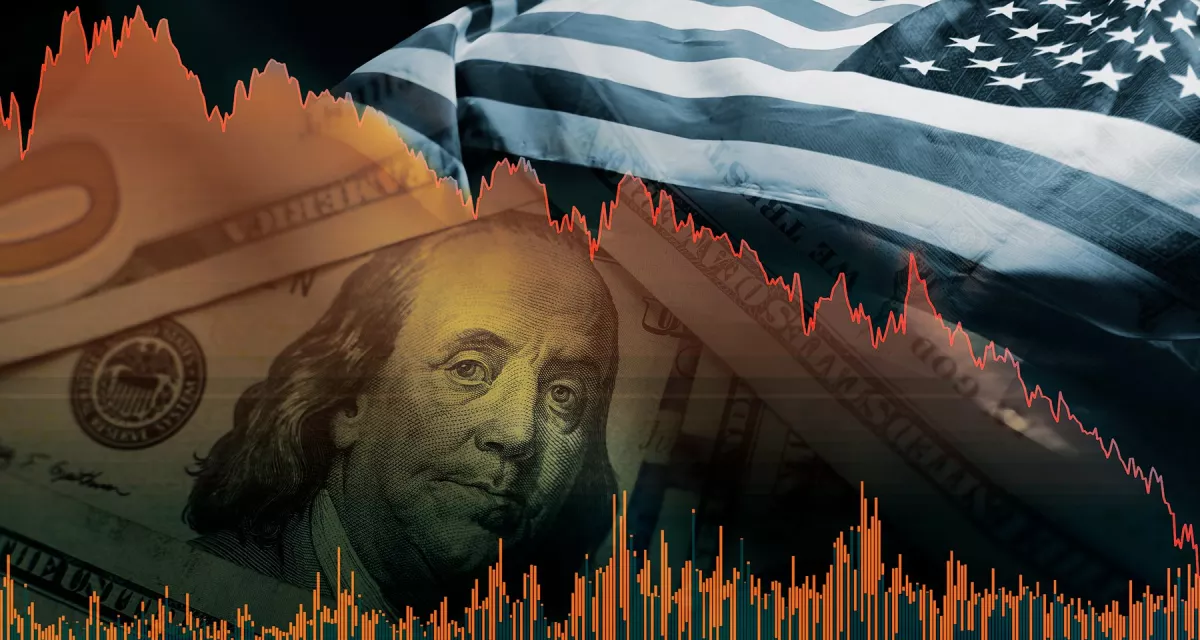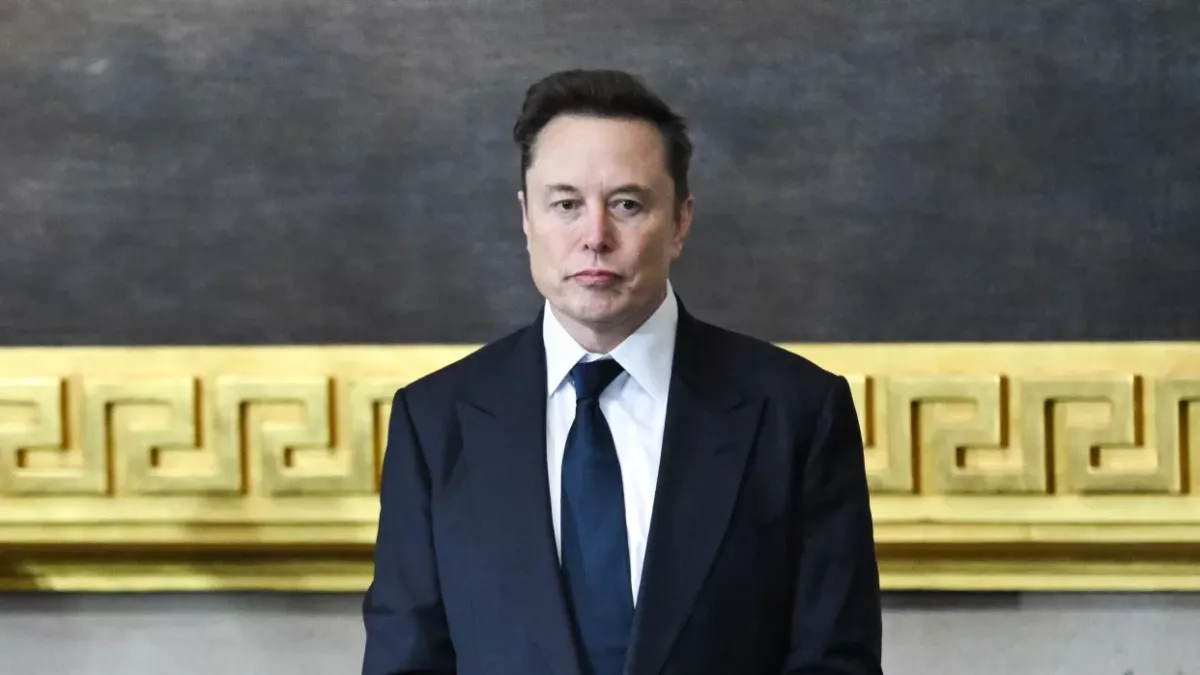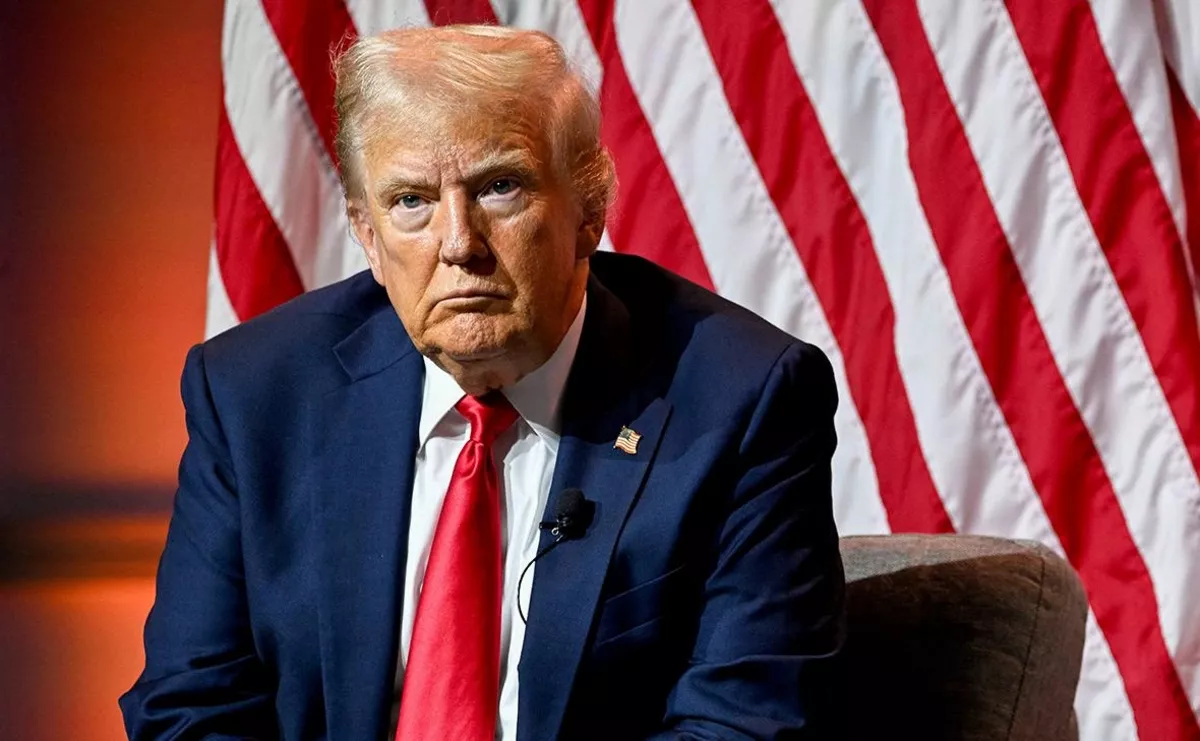Trump and Musk redraw America’s political map Friends, foes, rivals
The modern United States continues to captivate the world—whether in the realms of politics, economics, or its socio-cultural paradigm. Once again, global attention is drawn to the ongoing scandal involving two former close allies, partners, and arguably like-minded individuals: the world’s most powerful political figure at present (regardless of whether one agrees with this label), U.S. President Donald Trump, and the world’s richest man, visionary innovator, and revolutionary tech genius Elon Musk.
According to open sources, on July 4—America’s Independence Day, which is quite symbolic—Elon Musk launched a poll on social network X. Within just 24 hours, more than 1.3 million people took part, with over 65% expressing support. In response, Musk announced the creation of his own “America Party,” with the goal of “to give you your freedom back.”
As he emphasised, “By a factor of 2 to 1, you want a new political party and you shall have it”
Following this, Musk added that amid the bankruptcy of the United States, brought on by “waste & graft, we live in a one-party system, not a democracy.”

As is well known, tensions between Trump and Musk escalated after the billionaire harshly criticised the White House leader’s plans to adopt a “big, beautiful” tax bill that, according to Musk, could further increase the country’s already massive budget deficit.
What’s more, Musk did not rule out the possibility of supporting the Democratic Party in the next election—prompting Trump to threaten him with extremely serious consequences.
Some observers still believe that this ideological clash between two powerful figures may simply reflect the old saying, “quarrelling friends are still friends,” especially given Musk’s prior donations to Trump’s election campaign amounting to several hundred million dollars.
However, many analysts argue that this is, in fact, a serious confrontation. As evidence, they point to Trump’s public expression of dissatisfaction with Musk’s stance on the new law—especially because it obstructs the push (dating back to the Biden administration) to transition Americans to electric vehicles. At the same time, attention is being drawn to Trump’s decision to initiate a review of federal subsidies granted to Tesla and other Musk-owned companies.

The paradox lies in the fact that just a few months ago, Elon Musk himself was conducting similar reviews through the Department of Government Efficiency (DOGE), which was tasked with finding ways to reduce federal spending—until he parted ways with that role.
But the Oval Office occupant went even further, stating that without government backing, Musk would have had to abandon his business ventures and return to South Africa, his country of origin: No more Rocket launches, Satellites, or Electric Car Production, and our Country would save a FORTUNE.” (According to multiple sources, Musk’s companies have received nearly $40 billion in contracts, loans, and subsidies over the years.)
With this kind of rhetoric, can we really still speak of “friendly quarrels”? Then again… Donald Trump has long accustomed the world to the fact that he can, not just overnight but instantly, disavow his own statements and even previously announced actions.
One cannot deny that many recent moves by the Washington administration—both domestically and abroad—have often been perceived as driven by Mr. Trump’s emotional (and impulsive) nature.
Yet, after a short time, those same actions are often reassessed by critics as the result of deep strategic calculation, carrying significant long-term implications.
So, even when Trump describes Musk’s recent actions as having gone “completely off the rails,” essentially becoming a “train wreck,” the reaction—and possibly some specific anti-Musk measures—could be perceived as quite reasonable, even by those who do not sympathize with the president.
At the same time, according to several observers, there are significant hurdles for new parties in the U.S., such as the requirement in California for organizers to either have nearly 75,000 members or collect 1.1 million signatures to qualify for ballot access.
For this reason, experts do not rule out that Musk’s moves may be aimed merely at applying pressure on lawmakers. Especially since Musk’s recent role in a high-level administrative-political capacity has, to put it mildly, earned him little to no acclaim. In fact, he has united not only many Democrats against him but also numerous external forces—primarily parties that lead governments in major European countries.
No, this is absolutely not about possible European interference in U.S. elections. Rather, these parties could potentially create a positive backdrop for Musk’s image as a politician—if they were to support his candidacy and those close to him (for example, through social media and media activity).

In any case, on July 6, reports emerged that documents had been submitted to the U.S. Federal Election Commission to register the America Party. In light of this, the media quoted Trump expressing doubts about whether it would ever be possible to restore his once-great relationship with Musk—who, for his part, labelled the U.S. president “ungrateful,” claiming that without the billionaire’s backing, Trump would have suffered a resounding defeat in the election.
Be that as it may, Trump still commands a powerful administrative arsenal, which he has not yet fully deployed against Musk. Yet even without direct action, the mere threat from the White House—combined with growing negativity toward Musk, even among many of his former supporters—was enough to cause Tesla shares to fall nearly 15% by July 6.
At the same time, analysts were quick to point out that the real winner of this high-stakes political and economic quarrel between two major figures on the American stage may be X, the social media platform led by the tech visionary himself. As a result, it would not be surprising if betting firms soon began accepting wagers on the ultimate outcome of this “clash of titans”—one seated at the helm of the world’s most powerful state with the mightiest military, the other holding in his grasp a web of transnational corporations of staggering value.
Though for some, it's a game of odds—for others, it's about political longevity.








